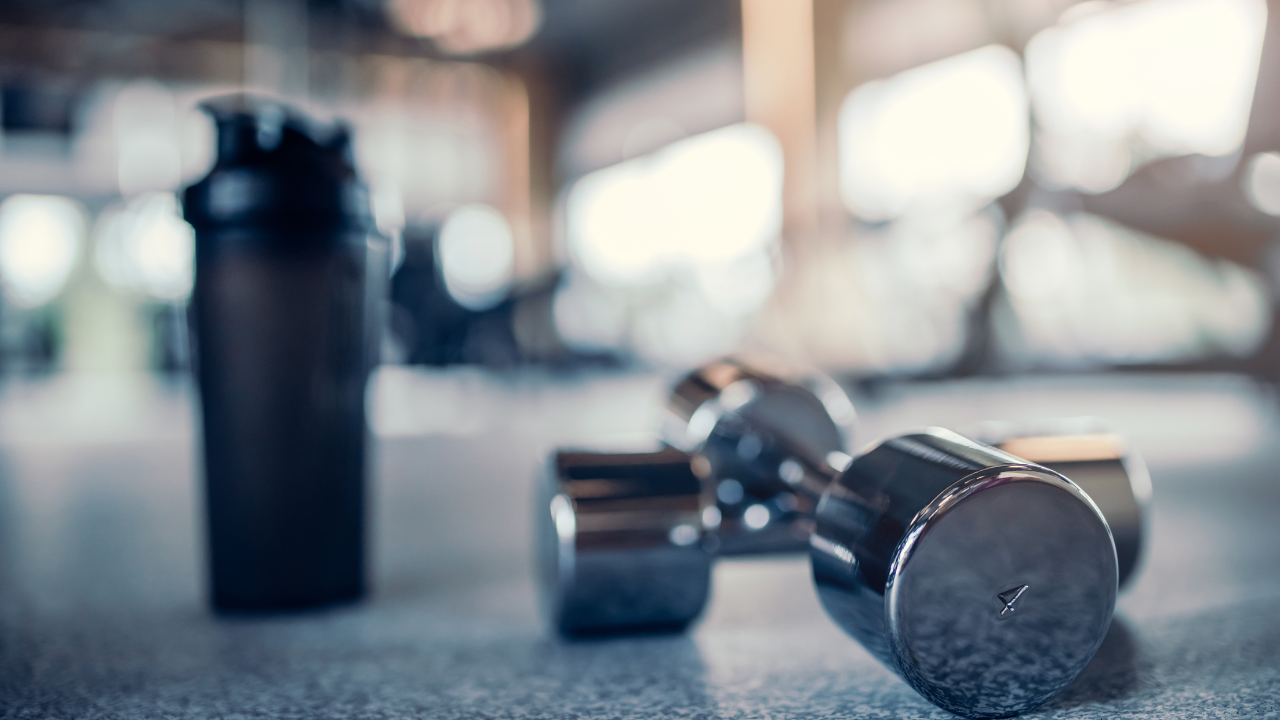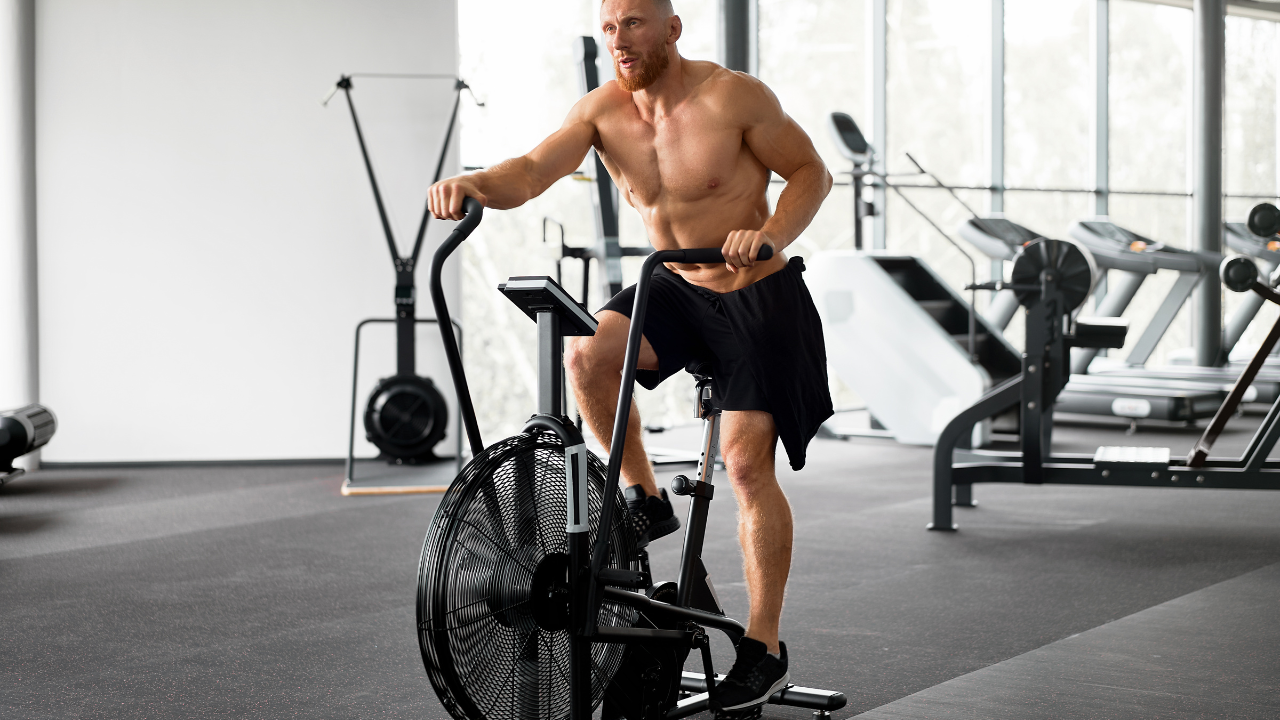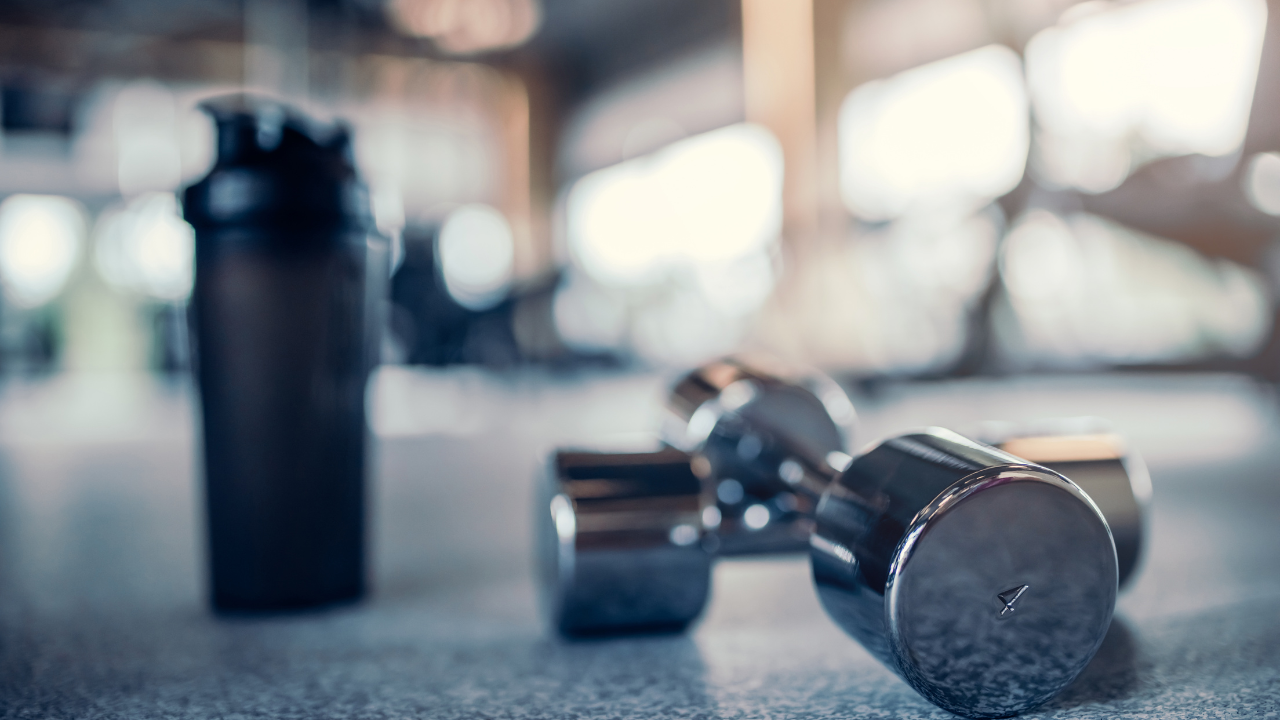

Troubleshooting Your Squat
There can be many reasons why you’re not feeling satisified with your squat including issues with range of motion, pushing up from the “hole” (the lowest point of your squat), wrist or neck pain, and ankle and knee stability. If you’re feeling stuck doing the same kind of squat, it can help to switch things up. Try a different bar position, different footwear, a different type of squat, or a different weight to see if it helps resolve your problems.

You Don’t Need To Be An Athlete To Get Out of Bed
Not everyone’s fitness goals need to be about perfection, world record breaking, or that of a high performance athlete. Most people really only need a moderate and consistent movement practice in order to live their life, maintain good health, and prevent injury. Coaches and trainers may be doing a disservice to their clients by overempasizing “perfect” form and reach goals that may be either uninteresting or not doable for them. It can also create fear in people that getting injured doing any kind of exercise will cause injury.

Cardio Vs Gains
The idea that doing cardio prevents strength gains is outdated and inaccurate in most cases. Exercisers, including beginners and professional athletes, benefit from incorporating some cardio into their lifting routines and vice versa.

What Is Overtraining?
The fear of overtraining comes from outdated/under-researched ideas of the limit of how much volume humans can lift. Average (or above average) exercisers generally do not have to worry about overtraining. Pushing too hard, too fast can lead to injury, but intentional, slow development from a well designed workout plan allows for people to safely train hard.

The Squat Isn't For Everyone
Squats are generally seen as the must-do exercise for lower body development, and it’s often ignored by fitness professionals that some people do not enjoy or cannot perform them. Spine, hip, knee, and calve conditions/injuries commonly effect someone’s ability to squat. There are plenty of other exercises that develop the lower body that work better for these situations. Workout programs need to be built on exercises the individual wants to do and is safely capable of doing, even if it means that a popular or effective exercise like the squat isn’t included.
